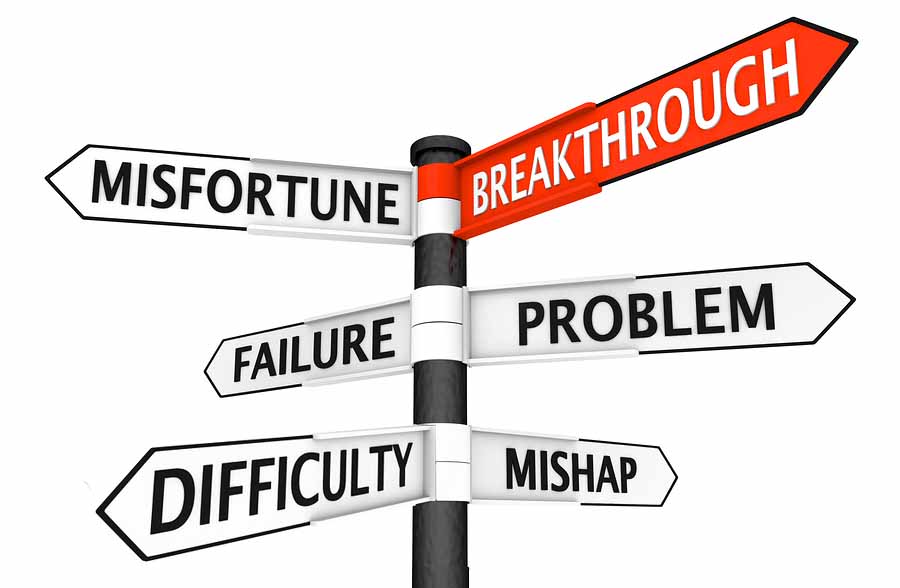How can leaders drive engagement and make a real impact in their organisations? This is a question confronting nearly all business leaders.
Polls by Gallup found that worldwide employee engagement is startlingly low, with just 15% of workers indicating they are engaged with their work.
With so many employees not engaged with their work, what does it really take to make an impact on engagement in organisations? Here are 4 tips to help leaders drive engagement and make a real impact at work.
- Take an Interest in People
I believe Leadership is the key to engaging today’s workers. You can have the noblest commitment but without leadership you don’t have anything. In my opinion, lack of leadership is a leading cause of today’s high disengagement numbers. Leaders who don’t think about how they are influencing others often undertake patterns of behaviour that drive people away from their commitment, creating disengagement and conflict.
What kind of leadership does drive engagement? Increasingly, it’s leadership that takes an interest in the personal development of employees. Gallup recently found that 59% of Millennials and 41% of Baby Boomers are seeking opportunities to grow and develop at work. Leaders that understand this can influence their employees and inspire them to bring their best to achieving the organisation’s commitment.
- Make Connections to Bigger Commitment
People may not always realise it, but their future is happening now. The future you envision is what empowers you in the present. Employees who see a future for themselves with an organisation where they can make a difference and express their talents are more empowered in their day-to-day activities. When people feel connected to their organisation’s commitment and understand why what they do is important, they are more satisfied and productive.
That sense of connection comes from aligning organisational and individual commitment. You want people to experience their contribution and fulfillment inside the organisation. Everyone should be working toward the same overarching commitment, from the CEO to the post room.
- Give Space to Fail
One of the most crippling challenges in any organisation is fear of failure. It can lead to resistance to change and limits an organisation’s ability to generate and act on ideas, innovate and adapt. This fear can corrupt an entire culture, leading to higher levels of disengagement.
Creating space to try and possibly fail allows an organisation and its individuals to learn from their failures, which can ultimately be empowering. Failure is a necessary part of growth, an organisation needs to provide space for that and provide support for staff when they are feeling most vulnerable.
- Don’t Forget to Have Fun
In many organisations, people are encouraged to “work hard, play later,” as if the two were mutually exclusive. But a study by the University of Warwick indicates this is the wrong approach. According to the study, workers who were happy and had fun at work were actually 12% more productive than those who were not.
Fun is important due to its critical role in generating engagement, having fun is at the core of a company’s success. If you look at employee engagement, we are asking people to consistently be engaged and give those extra ounces of energy that they might have otherwise given elsewhere in their lives. Having fun, enjoying the work and the people they do it with helps to create energy and influences people to give more of themselves.
One reason fun is so important is the idea of employee choice. Studies show that employees are not choosing to stay with employers as long as they did in the past. A recent survey indicated that the average length of time an employee stays in a job is down in 2016 to 4.2 years, compared to 4.6 years in 2014. Among younger workers the decline was even starker: workers between the ages of 25 and 34 sank to 2.8 years.
If you really want to make an impact and transform your organisation, begin by taking an interest in what truly influences and motivates your people. Build stronger connections by aligning individual and organisational commitments. Most importantly, remember that people and organisations are more than the sum of past successes and failures, and that fun is a critical part of creating a more engaged organisation.





